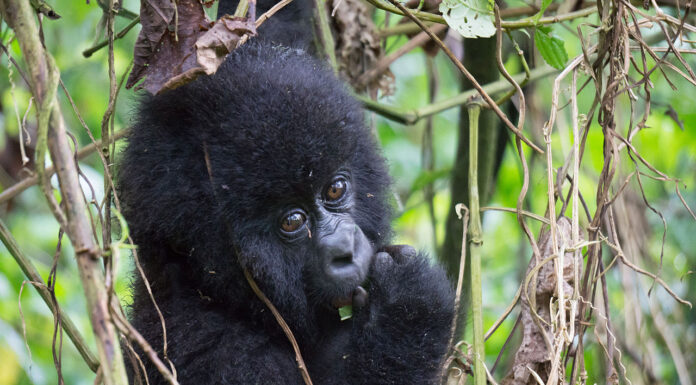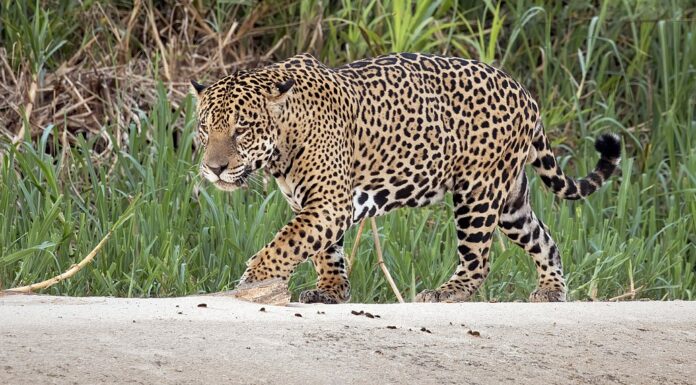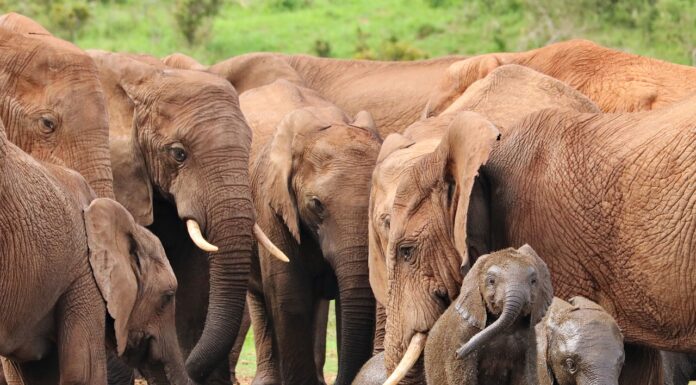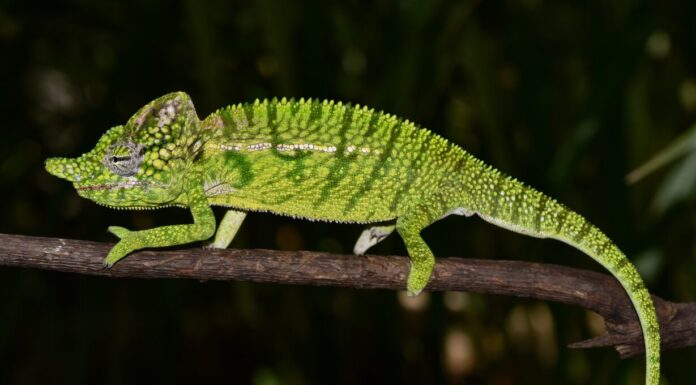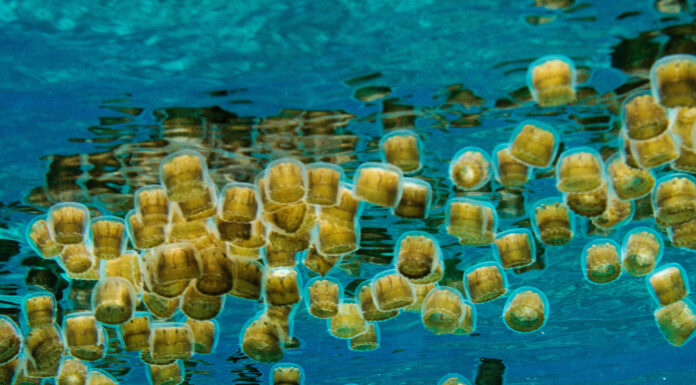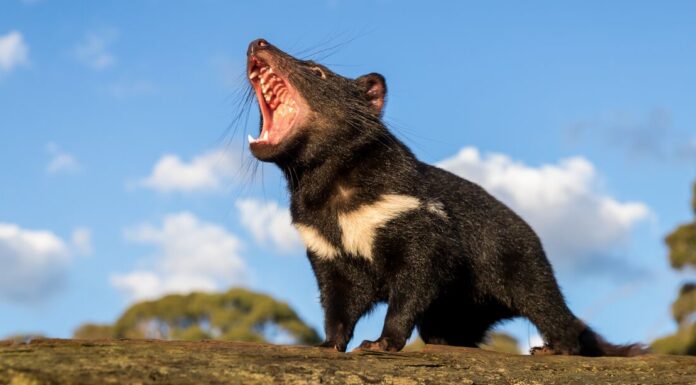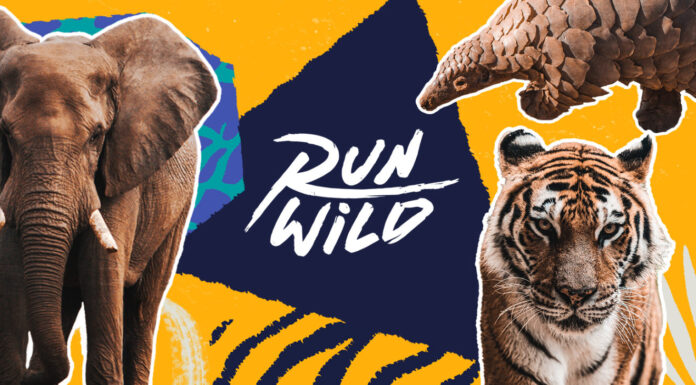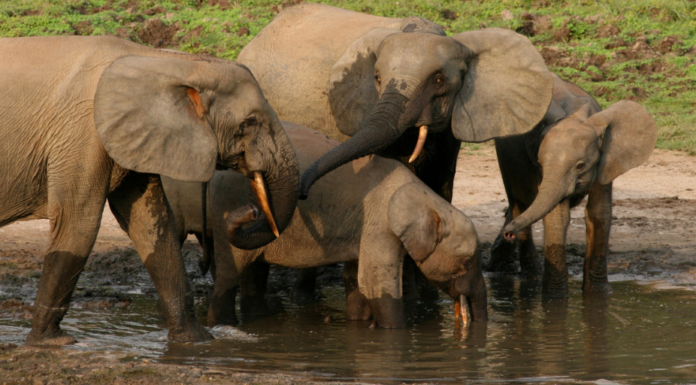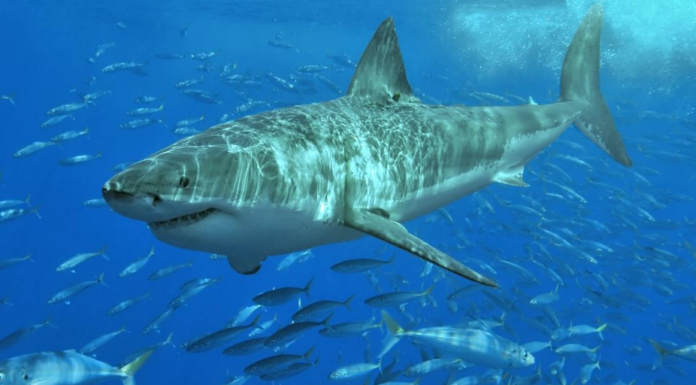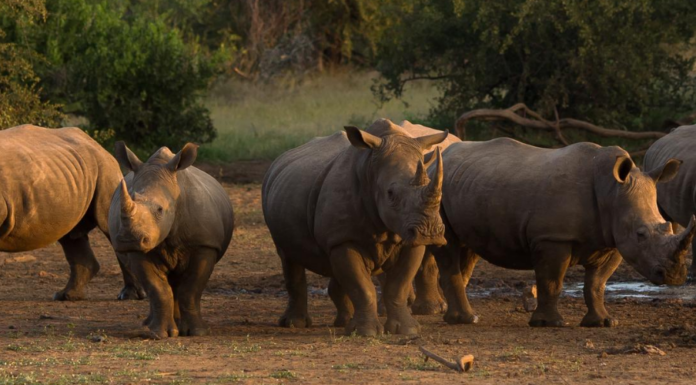Written by: Kimberly White
Leonardo DiCaprio has joined forces with the European Commission and Global Wildlife Conservation to protect biodiversity through the launch of two new initiatives.
The Rapid Response for Ecosystems, Species, and Communities Undergoing Emergencies (Rapid RESCUE) initiative aims...
Written by: Peter Yeung
In the tropical forest surrounding Alter do Chão, a Brazilian town located on a languid stretch of the Amazon River and home to what is considered one of the most beautiful freshwater beaches in the world,...
Written by: Kimberly White
Twenty of the world’s leading conservation organizations have joined together to urge the G20 to invest in nature to protect biodiversity in hopes of preventing future zoonotic pandemics.
The Wildlife Conservation 20 (WC20) signed a declaration calling...
Written by: Kimberly White
Scientists have rediscovered a “lost” species of chameleon. During a two-week expedition in Madagascar, a team of scientists successfully rediscovered the Voeltzkow’s chameleon. The expedition took place in 2018 but its findings were only recently announced...
Written by: Rachel Fritts
New research suggests jellies play a more valuable role in food webs and carbon storage than scientists previously thought.
A new study in the AGU journal Global Biogeochemical Cycles estimates how much carbon gelatinous sea creatures store in their bodies and...
Written by: Kimberly White
Tasmanian devils have returned to mainland Australia.
In an effort to rewild Australia, conservationists released 26 Tasmanian Devils into a 400-hectare wildlife sanctuary at Barrington Tops National Park. The historic moment is thanks to conservation group Aussie...
Written by: Kimberly White
The United Nations Environment Programme (UNEP) and adidas Runtastic have unveiled a new challenge to raise awareness of biodiversity loss and rally support for conservation.
UNEP and digital health and fitness giant adidas Runtastic have teamed up...
Written by: Greg Asner
Humans are dismantling and disrupting natural ecosystems around the globe and changing Earth’s climate. Over the past 50 years, actions like farming, logging, hunting, development and global commerce have caused record losses of species on land and at...
Written by: Johnny Wood
Despite their menacing big-screen presence, sharks rarely attack humans. Meanwhile, man-made pressures including habitat loss, overfishing and illegal fishing cause untold damage to shark populations – it’s estimated 100 million are killed by humans every year.
It’s vital we protect sharks...
Written by: Kimberly White
Rhino poaching has decreased significantly in South Africa and Namibia.
Rhino poaching in South Africa fell by 53 percent in the first six months of this year. During the first half of the year, 166 rhinos were...

